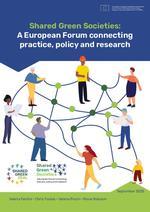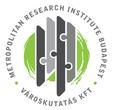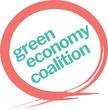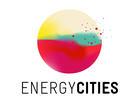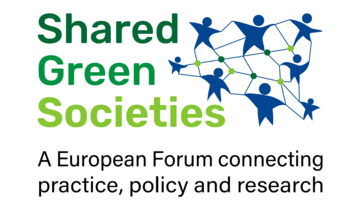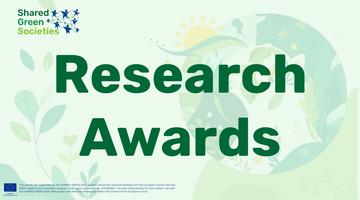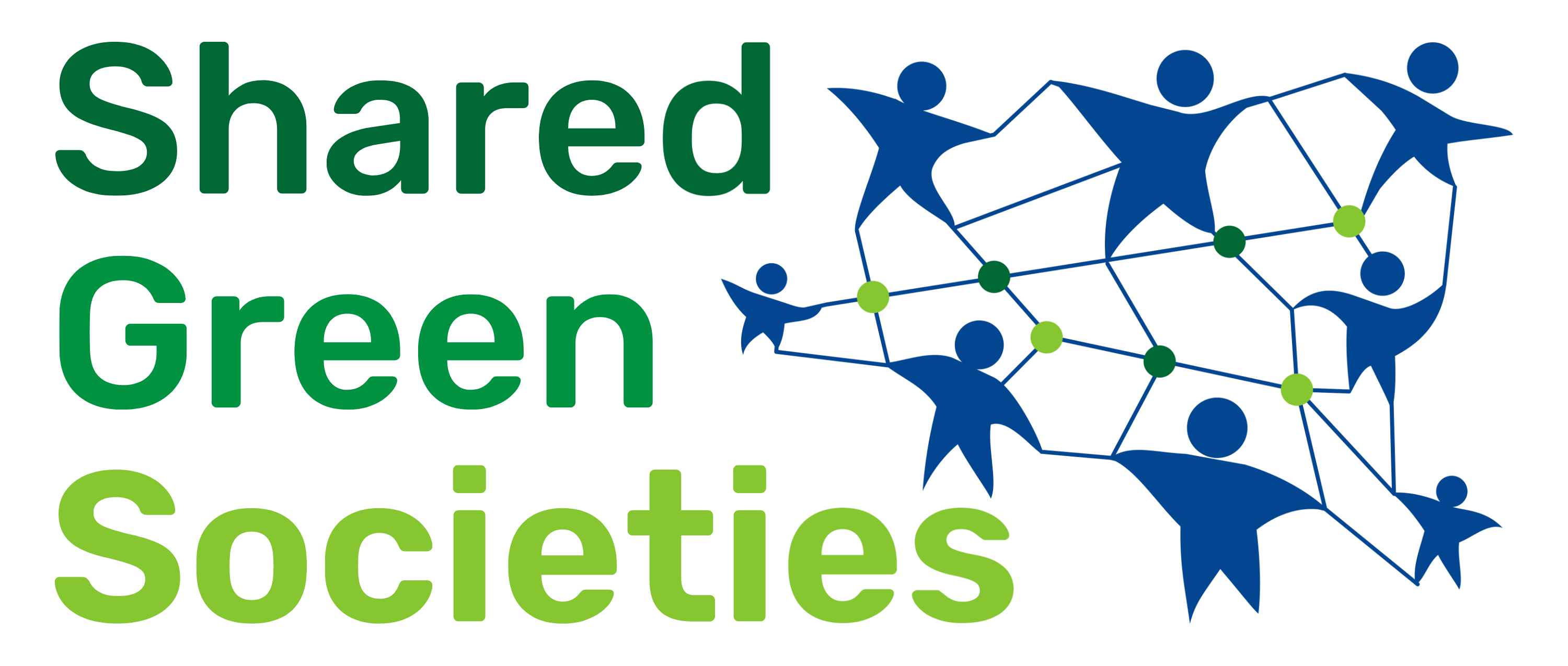
A European Forum connecting practice, policy and research
Across Europe, the demand for a green transition that is inclusive, just and has the backing of the people is increasingly urgent. Communities, authorities, civil society and SSH (Social Sciences and Humanities) researchers are innovating every day, yet too often work in isolation.
Shared Green Societies is a new European forum designed to bridge this gap—connecting evidence, practice, and policy, and bringing together those leading on the ground with those shaping ideas and strategies.
The Forum will officially launch in Brussels on 28 January 2026 during a full day event with registration open to join in-person or online.
About Shared Green Societies
Shared connections
The Forum is being established to connect civil society, local and regional actors, and SSH (Social Sciences & Humanities) researchers to better match research and community innovations for an inclusive, just, and green transition.
Its added value lies in bridging SSH research and community practice. On one hand, it aims to create a space where NGOs and local actors can access findings, outputs, and tools from Social Sciences and Humanities (SSH) research, to more effectively support their communities. On the other hand, the forum facilitates constructive dialogue between SSH researchers and those with lived experience on the ground, fostering mutual learning.
Three types of participation are available: from highly active involvement as ‘Forum Members’, to consultative or exemplary roles as ‘Forum Champions’, to more occasional, supportive engagement as ‘Friends of the Forum’.
Ultimately, the forum aims to integrate SSH more fully into policy and practice discussions related to societal transitions, ensuring these processes are informed by a deeper understanding of social dynamics, human behaviour and real-world evidence, as well as by forum discussions themselves.
Green transitions
Across Europe, the need for a just and inclusive green transition has never been more urgent. Despite a proliferation of local innovation and a growing body of Social Sciences and Humanities (SSH) research, efforts toward this transition remain fragmented, and critical links between academic insights and grassroots action are often missing.
Civil society actors, local authorities, and communities working at the frontlines of sustainability challenges may face difficulties in accessing, applying, or influencing research. At the same time, researchers need to better understand realities ‘on the ground’ and are looking for opportunities to connect their findings with real-world impact.
The forum places local, community-led participatory actions – related to inclusive, just, and green transition – at its core. By creating spaces for dialogue, co-creation, and capacity-building, it aims to encourage individuals and groups to actively shape the transition processes that impact their lives.
Societies and people
Working in what researchers describe as the meso space (learn more) – the level between individuals and wider systems – the forum focuses on strengthening the relationships, structures, and networks that connect local action with the wider ambitions of the European transition. This “in-between” space is where much of the real transition happens: where people, organisations, and institutions interact to translate vision into practice, or practice into upscaled impact.
In line with this core belief, Shared Green Societies will make efforts to engage individuals and organisations who are currently underrepresented in political decision making on the green transition. We welcome interaction with groups who similarly appreciate the diversity and inclusion necessary for this work to be effective, and are exploring ways that members can share their inclusivity-related policies, to support the work of the forum.
It values the participation of structurally excluded groups, who share an inclusive and human-rights based vision, to ensure that the green transition is socially just and leaves no one behind.
Specifically, different communities are affected differently by the climate crisis and associated policies, and the Forum wants to strengthen those groups who have been disproportionately and negatively affected in this regard.
Building on the SHARED GREEN DEAL project and other Member contributions, the forum’s advocacy efforts will be grounded in both academic evidence and documented grassroots experience. This will help shape policy debates and initiatives in a way that is just and responsive to the proven needs of local communities.
Supporting organisations
To date, the supporting organisations of Shared Green Societies include, but are not limited to, partners of the EU funded SHARED GREEN DEAL project.
Connected content


CONTACT
For further details please contact co-leads Professor Chris Foulds (chris.foulds@aru.ac.uk) and Professor Rosie Robison (rosie.robison@aru.ac.uk).

This project has received funding from the European Union’s Horizon 2020 research and innovation program under grant agreement No 101036640. The sole responsibility for the content of this website lies with the SHARED GREEN DEAL HAS project and does not necessarily reflect the opinion of the European Union.
